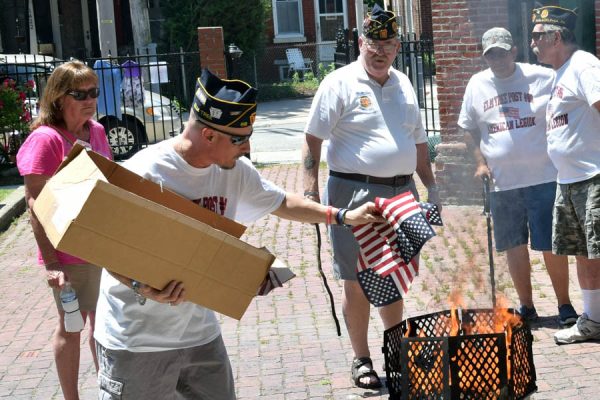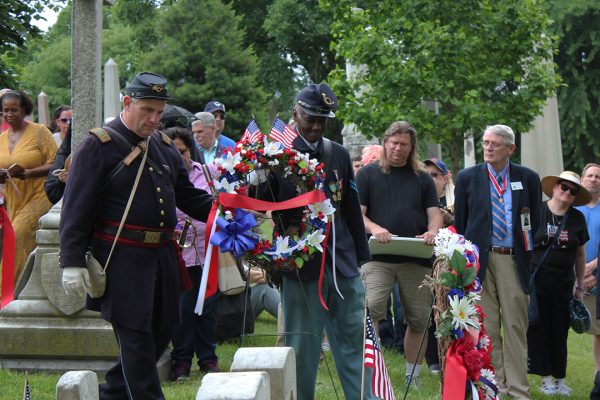Temple Student Government Passes Bill Urging University to Create Addiction Recovery Housing
Last week, Temple Student Government (TSG) passed a bill calling on administration to “explore options” for creating housing for students recovering from addiction.
For George Basile, the junior class representative for TSG, creating the bill stemmed from seeing his dad’s recovery from an addiction to painkillers.
“From a personal aspect, that’s what really got the ball rolling on this issue,” said Basile, a political science major.
The bill itself is simple. It’s only a page long and calls on university administrators to thoroughly research and see how it can make on-campus recovery housing a reality. Basile said the bill was meant to be vague because TSG’s parliamentary body is not allowed to dictate powers of administration, but rather pass resolutions that can create meetings with those administrators in the future.
These administrators include Dean of Students Stephanie Ives and Director of Residential Life Kevin Williams, but Basile said he will continue meeting with several other administrators and city officials.
Basile added that while he was drafting the bill — which started in February — he received letters from prospective students’ parents, who were concerned about the opioid epidemic in Philadelphia. He also learned about how serious of an issue overdoses are, especially in adjacent neighborhoods like Kensington.
Basile said his dad, Joe, wasn’t open about his painkiller addiction and recovery until this bill was being crafted. Now Joe, 48, who entered treatment in Long Island, New York, is advocating for the bill and spreading the word about the need for recovery programs in Long Island.
“His recovery kind of inspired this bill,” Basile said.
Basile also credited David Holloman, Philadelphia’s Director of Chronic Homelessness, for providing valuable insight about the opioid epidemic and how Temple can assist in fighting the issue.
How Temple will exactly implement the recovery housing is still being discussed, Basile said. Group therapy, training staff and intervention services are part of those discussions, but housing probably won’t be created for about four to five years, he added.
Drexel University is home to “The Haven at Drexel,” which offers substance abuse housing and recovery programs. Basile said this model could help Temple craft its eventual housing, but emphasized that talks are preliminary.
Several students on campus Monday stated they did not know about the bill, but were receptive of the concept.
“I guess it’s a good idea because excessive drug abuse is always going to be there,” said Sherwin Adeel, a junior psychology and spanish double major. “I have friends who have been addicted, so I know it can be challenging.”
Kaitlyn Carpenter, a sophomore film major, also expressed support.
“I feel like it could possibly be a good thing, depending the execution and whatnot,” she said.
Paul Choi, a graduate student studying geology, said recovery housing would better the entire university community and should be well-integrated.
“When you’re an addict and you’re recovering, you have to have a stable place,” he said. “If your basic needs are not met, it’s going to be a hard journey.”
While he was drafting the bill and talking to experts on recovery housing, Basile said one theme kept popping up: stigma.
“Some of the concerns were we would be putting a label on the university that we’re harboring drugs and addicts,” he said.
Basile added, however, that the solution to that and the overall issue of drug addiction is to have a different outlook.
“People need to understand these people are humans and we’re dealing with real human problems rather than dehumanizing them with the idea that they’re bad people,” he said. “They’re people you probably know and interact with every day.” •






